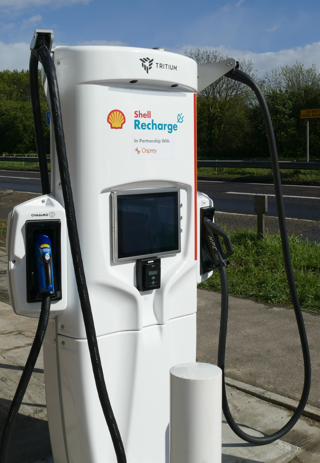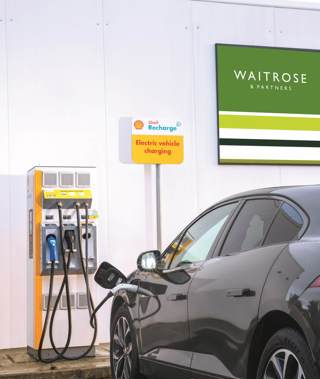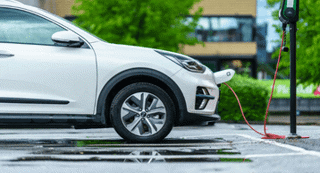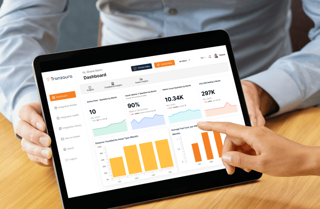Shell Fleet Solutions has launched Accelerate to Zero, a programme aimed at supporting fleets in their efforts to meet sustainability targets.
The four-step Accelerate to Zero programme is tailored to Shell’s customers and aims to help fleet and mobility managers to understand their current carbon footprint, evaluate their options for decarbonising and build a roadmap for reducing their on-road emissions to zero and finally, to net-zero.
Data integration is key to the programme, says Shell, helping companies to move away from using multiple disparate channels to track fleet information, towards a single, holistic view of their operations, highlighting key areas for improvement.
Giorgio Delpiano, senior vice president of fleet solutions and e-mobility at Shell, says that decarbonisation is the biggest priority for fleets worldwide and Shell is committed to help businesses to lower their carbon emissions.
“As one of the largest players in business mobility, we are introducing this programme to help our customers to build a clear pathway to net-zero emissions for their fleets,” he said.
“When we support our customers to become more efficient and more sustainable, we make them more successful. And this is why Accelerate to Zero is a fantastic programme for our customers and prospects.”
Shell Fleet Solutions experts work through four key phases of the Accelerate to Zero programme:
- Diagnose – Partnering with customers to integrate and analyse their fleet data to establish clear decarbonisation goals.
- Build – Providing expert guidance on vehicle and supply chain optimisation to create a robust plan tailored to the needs of our customer’s business.
- Deploy – Delivering solutions that are fit for purpose leveraging Shell capabilities in telematics, electric mobility, carbon offset, mobile fuelling across 50 markets worldwide.
- Realise – Monitoring and tracking results to reach zero and later net-zero emissions as planned.
The Accelerate to Zero programme is now available to Shell fleet customers in key markets in Europe and will be rolled out in 2023 across the globe.






















Login to comment
Comments
No comments have been made yet.